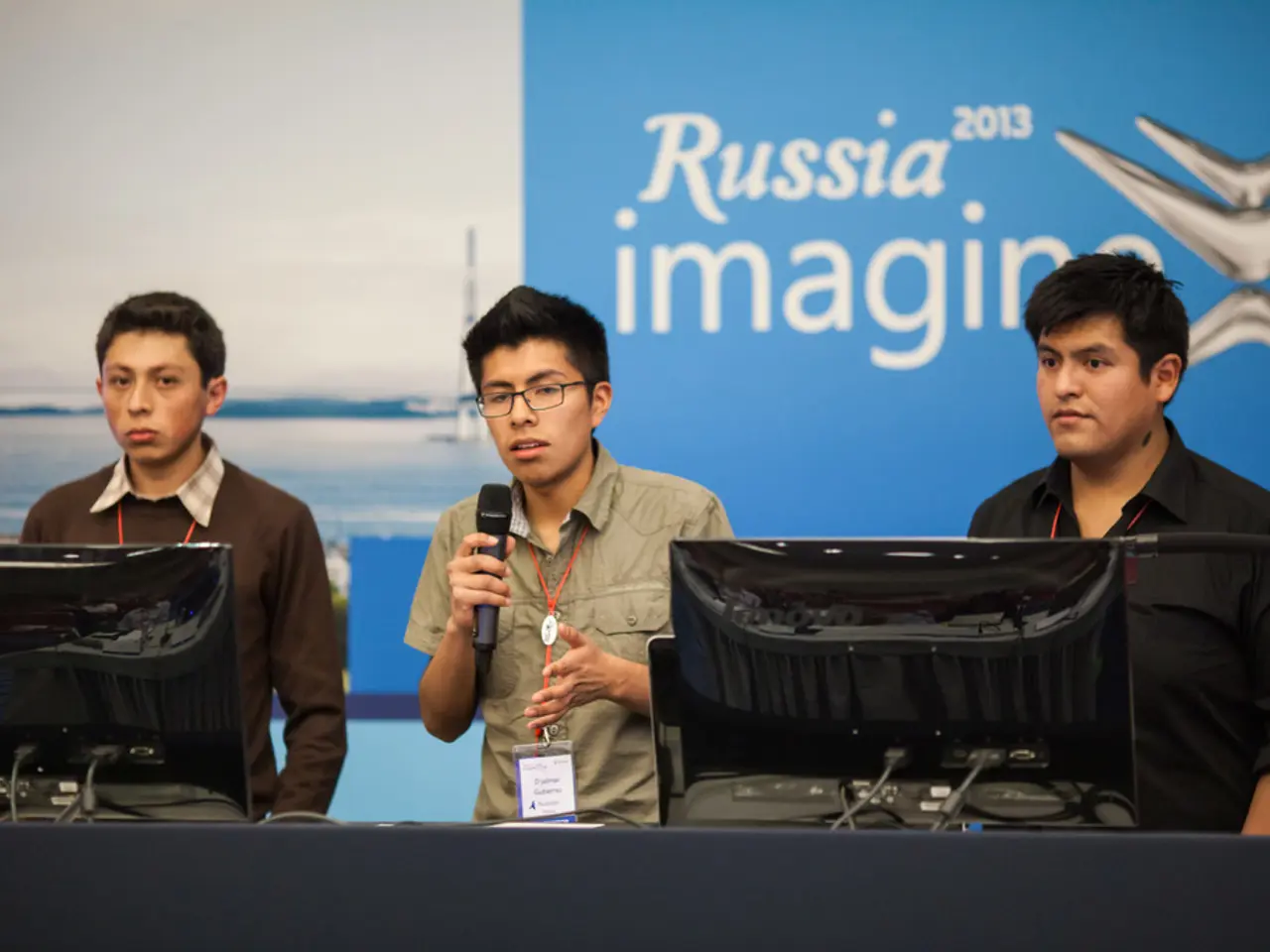Pakistan postpones expulsion deadline for Afghan refugees, yet United Nations remains anxious
In a recent development, the deadline for the deportation of millions of Afghan refugees in Pakistan has been extended to September 1, 2025. This extension, however, only provides a limited grace period for voluntary return, with those remaining without valid documents risking arrest and forced deportation after August 31.
The Taliban government came into power in Afghanistan in 2021, and since then, at least 1.2 million Afghan nationals have been forced to return to their homeland from Iran and Pakistan. The current forced expulsion of Afghans from Pakistan is part of a nationwide crackdown launched in 2023.
The situation remains precarious as Pakistan has refused to reissue Proof of Residence (PoR) cards after June 30, and is targeting an additional 800,000 Afghans holding Afghan Citizen Cards, considered illegally residing in the country. Thousands of arrests and forced deportations have been reported, with minimal coordination with Afghan or international authorities.
United Nations agencies and human rights groups have voiced serious concerns about the forced repatriation, fearing it could violate the international principle of non-refoulement, which prohibits returning individuals to countries where their life or freedom is threatened. They warn that the coerced returns and crackdown on Afghan migrants risk creating a humanitarian crisis and destabilizing Afghanistan, which is already overwhelmed by large influxes of returnees and facing economic collapse.
Human rights advocates criticize Pakistan's unilateral moves, stressing the lack of dialogue with Afghanistan, the UNHCR, or other international bodies exacerbates the refugees' insecurity. The forced deportations have prompted calls for dialogue between Afghan and Pakistani governments to find humane solutions and manage returns in a structured and safe manner.
The International Criminal Court (ICC) has issued arrest warrants for Taliban leaders over women's rights violations, adding to the concerns about the safety and freedom of Afghan refugees. The UN has reported cases of torture and threats against Afghans expelled from Pakistan and Iran by the Taliban.
Local authorities in Pakistan have been instructed to engage with Afghan community leaders to encourage voluntary repatriation. Many Afghans without valid passports and Pakistani visas, who have integrated into the community, are hiding to avoid arrest.
In summary, the extension of the deportation deadline for Afghan refugees in Pakistan temporarily delays but does not prevent forced deportations after September 1, 2025. Many Afghan refugees face arrest and forced deportation despite valid documentation. UN agencies and human rights groups worry about violations of international protections and worsening humanitarian conditions. There is growing advocacy for coordinated, humane repatriation efforts and respect for refugee rights amid regional instability.
- Amidst the recent crackdown on Afghan migrants in Pakistan, the ongoing politics surrounding the repatriation of refugees has sparked concern among general-news outlets, with human rights groups urging for a dialogue between Afghan and Pakistani governments to ensure humane solutions.
- The extension of the deportation deadline for Afghan refugees in Pakistan, while providing a limited grace period, has raised questions in the general-news sphere about the potential violation of international protections, particularly the principle of non-refoulement, and its implications for the deteriorating humanitarian conditions faced by these refugees.








